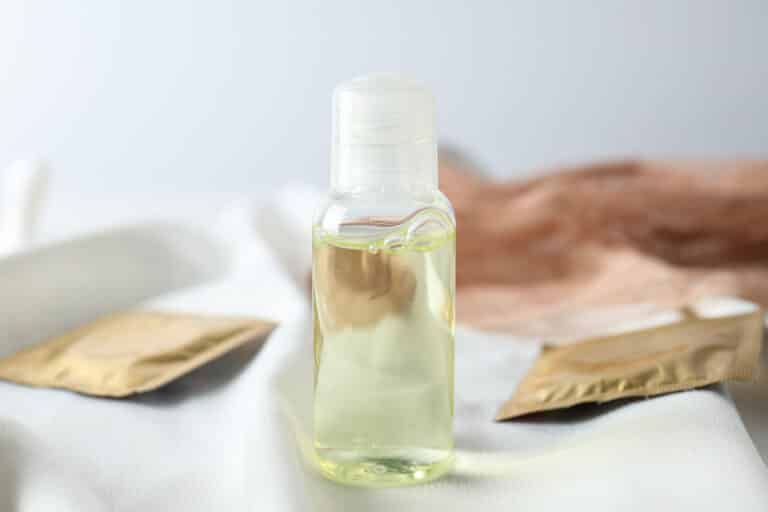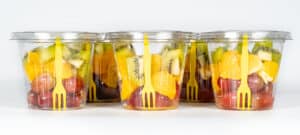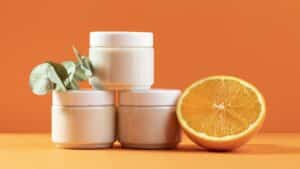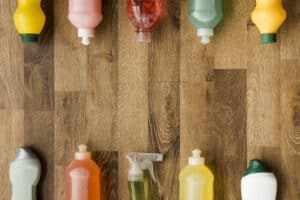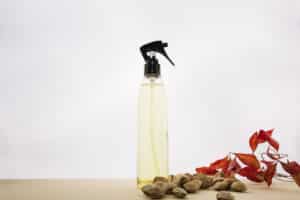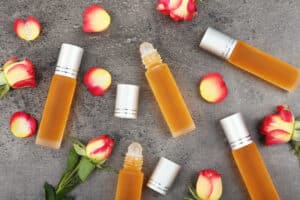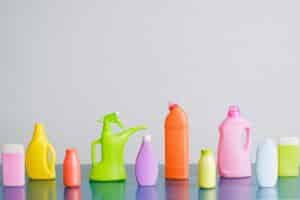If you’re in the business of selling lubricants, you know how important it is to have high-quality bottles that can effectively store and dispense your products. Choosing the right wholesale lubricant bottles can make all the difference in attracting customers and ensuring the quality of your products. In this guide, we’ll walk you through the factors to consider when selecting wholesale lubricant bottles that meet your business needs.
Summary
Why do you need a lubricant bottle supplier?
Purchasing lubricant bottles wholesale offers several advantages for your business:
- Cost savings: Buying in bulk allows you to take advantage of discounted prices, saving you money in the long run.
- Increased Profit Margins: Lower purchasing costs mean you can set competitive prices for your products and maximize your profit margins.
- Seamless Inventory Management: With a ready supply of wholesale lubricant bottles, you can fulfill customer orders promptly and efficiently without worrying about running out of stock.
Factors to consider when buying wholesale lubricant bottles

Material
A lubricant bottle is commonly made from plastic or glass. Each material has its benefits and drawbacks.
- Plastic Bottles: Plastic bottles are lightweight, durable, and resistant to impact. They are also more cost-effective than glass bottles. However, keep in mind that certain lubricants may be incompatible with certain types of plastic, so it’s important to choose bottles that are specifically designed for lubricant use.
- Glass Bottles: Glass bottles offer a high-end, premium look and feel. They are impermeable to oxygen and moisture, ensuring the quality and longevity of your lubricants. However, glass bottles are heavier and more fragile than plastic bottles, which may increase shipping costs and pose a higher risk of breakage.
Consider your brand image, product compatibility, and shipping requirements when deciding between plastic and glass bottles.
Size and capacity
Determine the appropriate size and capacity of the lubricant bottle design based on your product offerings and customer preferences. Consider factors such as the average volume of lubricant your customers purchase, the shelf life of your products, and any regulations or guidelines regarding container sizes for specific lubricant types. Offering a range of bottle sizes allows you to cater to different customer needs and preferences, providing flexibility and convenience.
Cap options
Choose caps that suit the type of lubricant and align with your brand image. Common closure options for lubricant bottles include flip-top caps, pump dispensers, and twist-off lids. Consider the convenience and ease of use for your customers, as well as the functionality and safety of the closures in preserving the integrity of the lubricants.
Labeling and Printing Options
Look for wholesale suppliers that offer custom label designs, with options for various label materials, finishes, and sizes to suit your bottle design. Full-wrap labeling can provide an eye-catching look, and some suppliers may offer direct printing options for a sleek appearance. So explore specialty printing techniques and ensure compliance with regulatory requirements.
Collaborate closely with your supplier to create labels that resonate with your brand’s identity and captivate your target audience.
Ensuring quality and durability
One of the most important factors to consider when choosing a lubricant bottle is the quality and durability of the bottles. Since lubricants can be corrosive and potentially harmful if spilled. So it is crucial to invest in bottles that are made from high-quality materials and can withstand the specific properties of your lubricant products.
Here are some tips to ensure quality and durability:
- Material selection: Opt for bottles made from sturdy materials such as high-density polyethylene (HDPE) or polypropylene (PP). These materials offer excellent resistance to chemicals and can effectively protect the integrity of your lubricant products.
- Leak-proof design: Look for bottles with leak-proof caps to prevent any spills or leaks. This is especially important when dealing with lubricants, as they can be messy and difficult to clean up.
- Good sealability: Check that the bottles have a tight seal to prevent any air or moisture from entering, which can lead to degradation of the lubricant. This is particularly important for long-term storage or transportation of your products.
- Impact resistance: Consider the potential handling and transportation conditions your bottles will be subjected to. Choose bottles that are impact-resistant to ensure they can withstand any accidental drops or rough handling.
Conclusion
In conclusion, when it comes to choosing wholesale plastic bottles for the manufacturing industry, it is important to prioritize quality, durability, and functionality. Selecting the right bottles not only ensures the integrity and effectiveness of the products but also enhances the overall image and reputation of the brand.
In the end, investing in high-quality, durable, and functional plastic bottles is crucial for businesses in the manufacturing industry. By making informed choices and being attentive to detail during the selection process, businesses can ensure successful packaging. So, take the time to assess your needs, evaluate the options, and make a wise decision when it comes to wholesale plastic bottles for the manufacturing industry.
FAQs
Lubricant bottles are from a variety of plastic materials, depending on the brand and type of lubricant. Common plastics used for lubricant bottles include high-density polyethylene (HDPE) and polypropylene (PP). These materials are chosen for their durability, chemical resistance, and ability to securely contain various types of lubricants and fluids without degradation. The specific plastic used can vary between lubricant products and brands.
You can typically request samples from wholesale suppliers. They may provide sample bottles or offer the option to order a small quantity before committing to a bulk purchase.
Pricing for wholesale lubricant bottles depends on factors like bottle size, material, quantity ordered, customization, and the supplier’s pricing structure.
Some suppliers may offer volume discounts for larger wholesale orders, so it’s a good practice to inquire about potential cost savings for bulk purchases.

